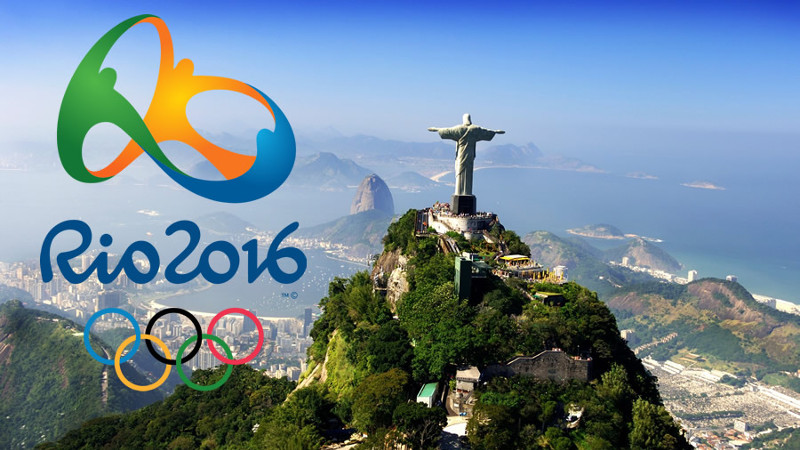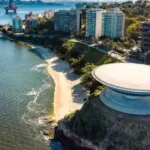legacy of the Olympic Games Rio de Janeiro promises and realities
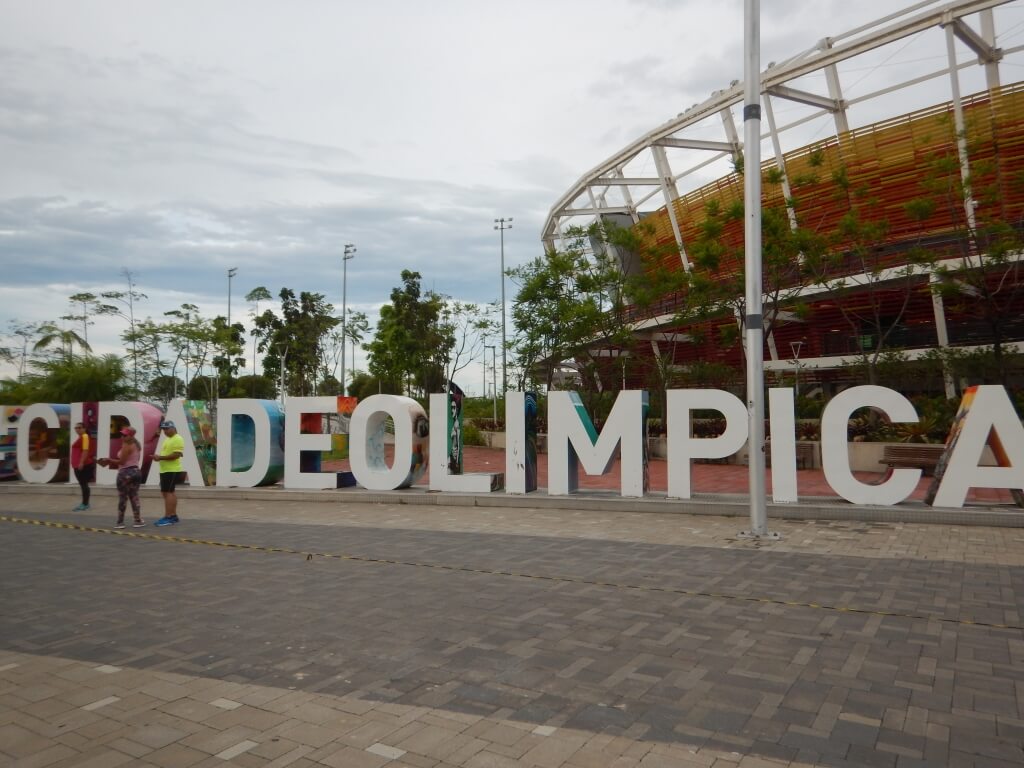
In 2016, Rio de Janeiro made history by becoming the first South American city to host the Olympic Games. With the promise of transforming the city and leaving a lasting legacy, the Games brought a series of investments in infrastructure and urban development. A few years later, it is time to reflect on the true impacts of this mega-event.
Infrastructure for the Olympic Games: the promises
To host the Games, Rio de Janeiro underwent a significant urban revolution. Among the most notable investments were:
- Barra Olympic Park: The epicenter of the Games, with sports arenas and the Athletes’ Village, was planned to transform into a training center and event space post-Olympics.
- Porto Maravilha: The port area was revitalized, gaining museums, leisure areas, and new developments. The Museum of Tomorrow and AquaRio are two highlights of this project.
- Transportation System: The implementation of the BRT (Bus Rapid Transit) system and the inauguration of metro line 4, connecting Barra da Tijuca to Ipanema, promised to improve urban mobility and connect previously isolated areas.
Realities and Challenges
Although the promises were grand, the post-Olympic reality has been a mix of successes and challenges:
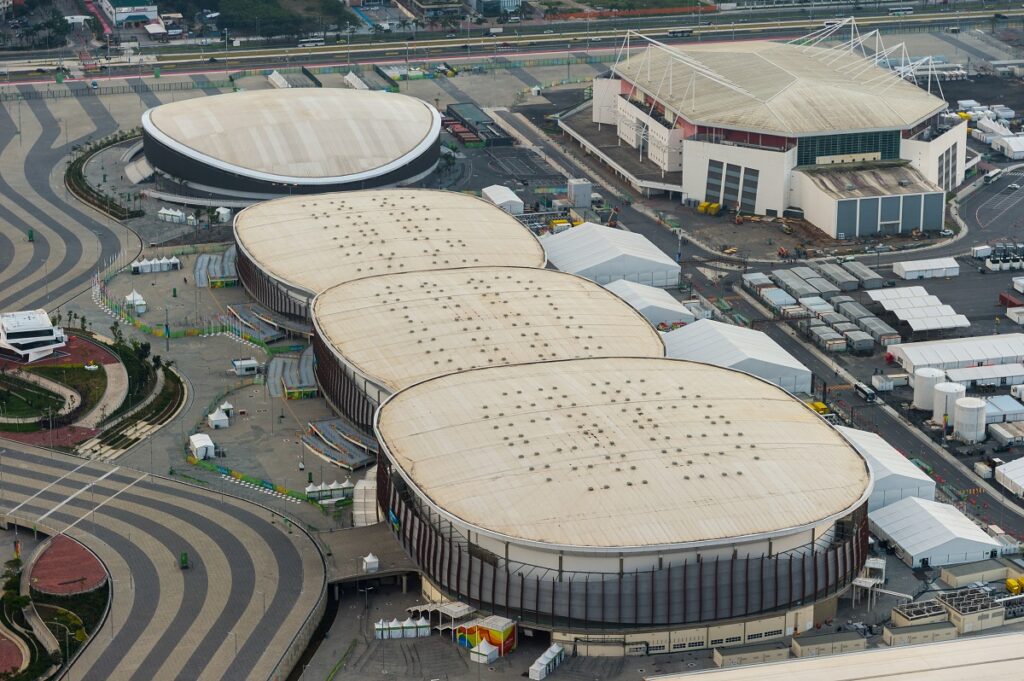
- Olympic Park: Despite its potential, many facilities are underutilized and face conservation issues. Maintaining the site has proven to be a constant challenge.
- Porto Maravilha: The revitalization brought new cultural and tourist spaces, but the economic development of the area fell short of expectations. Many properties remain vacant, and the economic benefits did not materialize as expected.
- Transportation: The BRT system and metro line 4 improved urban mobility, but there are still criticisms regarding service efficiency and quality.
Social and Economic Impacts
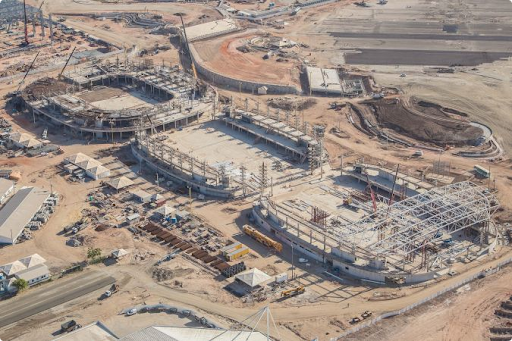
The Games also left deep marks on society and the economy:
- Evictions and Displacements: Thousands of families were removed from their homes, especially in low-income communities. These evictions exacerbated social inequalities and generated indignation and protests.
- Economy and Sustainability: The Games left a significant debt for the state, already in fiscal crisis. Maintaining the infrastructure and continuing urban projects is costly, and many of the promised economic benefits, such as job creation and increased tourism, did not materialize on the expected scale.
Sports Legacy

One of the most anticipated legacies was the promotion of sports. Indeed, there was an increase in interest and participation in various sports, driven by the success of Brazilian athletes and the visibility of the event. However, the continuity of this encouragement depends on public policies and ongoing investments.
Final Reflections
Absolutely, the legacy of the 2016 Olympic Games in Rio de Janeiro is indeed multifaceted. The city made substantial investments in infrastructure and urban mobility, which are tangible improvements that can benefit its residents for years to come. However, the social and economic impacts have been more challenging to address, with persistent issues such as inequality and economic disparity continuing to affect many communities.
Moving forward, efficient management and a sustained commitment to sustainable and inclusive development are crucial. Learning from past experiences is essential to ensure that future large-scale events bring lasting and equitable benefits. Rio de Janeiro has the potential to capitalize on the investments made during the Games, but this will require careful planning, effective governance, and a clear long-term vision.
By focusing on sustainable development practices, inclusive growth strategies, and ensuring that local communities are involved and benefit from such events, Rio can maximize the positive impact of hosting the Olympics. It’s a complex task, but with dedication and foresight, Rio de Janeiro can turn the legacy of the 2016 Olympics into a catalyst for long-term urban and social development.
you will like this reading
official website of the olympic games

